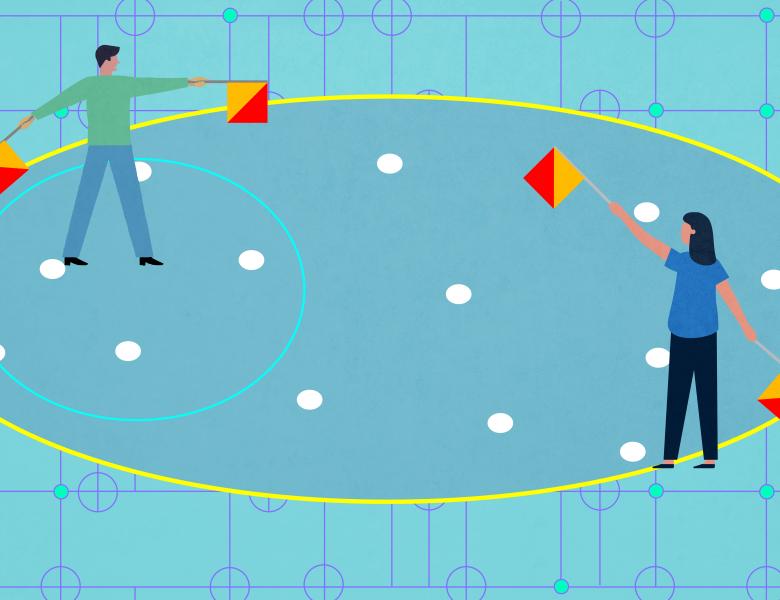
Recent progress in the theory of error correcting codes has been driven in part by new mathematical breakthroughs and techniques. Notable examples include recent results about epsilon-biased codes; the performance of Reed-Muller (RM) codes on the BSC; new results on the combinatorial properties (including list-decodability) of both RS and RM codes and their variants; application of sum-of-squares methods to decoding; and breakthroughs in coding for interactive communication. This workshop will bring together researchers working on these and related topics to collaborate and to share ideas and techniques.
Please note: the Simons Institute regularly captures photos and video of activity around the Institute for use in videos, publications, and promotional materials.
This research program is funded in part by an award from the National Security Agency (NSA).

Gil Cohen (Tel Aviv University), Irit Dveer Dinur (Weizmann Institute), Klim Efremenko (Ben Gurion University), Ran Gelles (Bar-Ilan University), Sivakanth Gopi (Microsoft Research), Elena Grigorescu (Purdue), Meghal Gupta (UC Berkeley), Venkatesan Guruswami ((None)), Prahladh Harsha (Tata Institute of Fundamental Research), Swastik Kopparty (University of Toronto), Vinayak Kumar (University of Texas at Austin), Mrinal Kumar (Tata Institute of Fundamental Research), Ray Li (UC Berkeley), Inbal Livni Navon (Stanford University), Hiram Lopez (Virginia Tech), Alexander Lubotzky (Hebrew University of Jerusalem), Geoffrey Mon (University of Texas at Austin), Jonathan Mosheiff (Ben-Gurion University), Dana Moshkovitz (University of Texas at Austin), Silas Richelson (UC Riverside), Noga Ron-Zewi (University of Haifa), Sourya Roy (University of Iowa), Shashank Srivastava (TTI Chicago), Madhur Tulsiani (TTI Chicago), Antonia Wachter-Zeh (TU Munich), Tal Yankovitz (Weizmann Institute of Science), Rachel Zhang (Massachusetts Institute of Technology), David Zuckerman (University of Texas at Austin)





